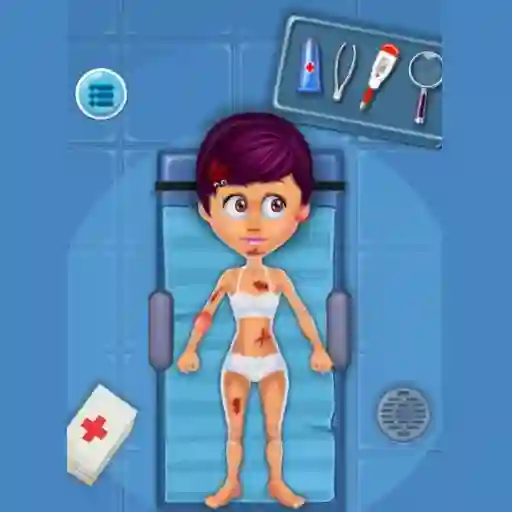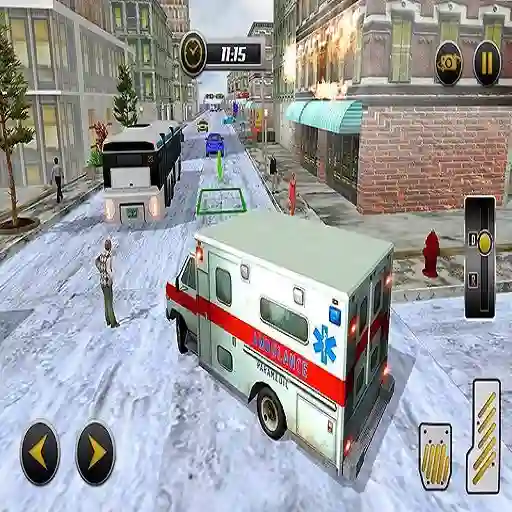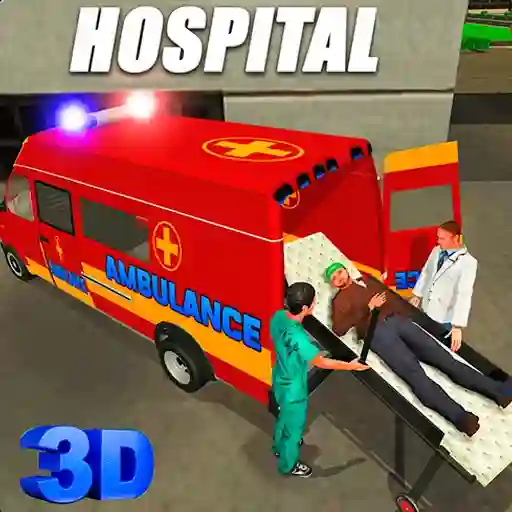







































Hospital games are a category of games that simulate the experience of working in or managing a hospital. Players typically take on roles such as doctors, nurses, or hospital administrators, and are tasked with diagnosing and treating patients, managing hospital resources, and ensuring the smooth operation of the facility. These games often combine elements of strategy, simulation, and puzzle-solving, and can be both educational and entertaining.
Key features of hospital games include: • Building and managing hospital facilities: Players may need to design and upgrade hospital rooms, labs, and equipment. • Diagnosing and treating illnesses: Games often involve solving medical puzzles or making quick decisions to save patients. • Staff management: Hiring, training, and managing doctors, nurses, and other staff to ensure optimal patient care. • Emergency situations: Responding to accidents, epidemics, or other crises that require immediate attention. • Resource management: Balancing budgets, medical supplies, and patient flow to keep the hospital running efficiently.
What is the main goal of hospital games?
The main goal of hospital games is to simulate the challenges of running a hospital, balancing patient care with resource management and strategic decision-making.
Are hospital games suitable for all ages?
Hospital games can be designed for a wide range of audiences, from casual players to those interested in medical simulations. Some games may be more complex or realistic, while others are simplified for younger players.
Do hospital games require prior medical knowledge?
No, hospital games are designed to be accessible to everyone. While some games may include realistic medical scenarios, others focus more on puzzle-solving or strategic gameplay, making them enjoyable even for players without medical knowledge.